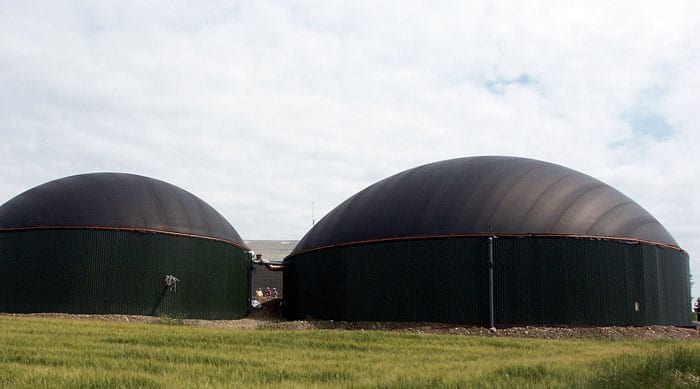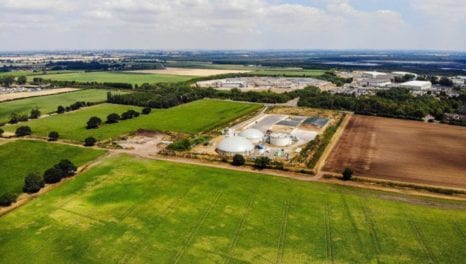RHI review seeks to boost energy from waste
A review of the Renewable Heat Incentive has set new feedstock requirements for biogas manufacture which will encourage the production of energy from waste.
15th December 2016 by Networks

Government published its response to a consultation on reforming the RHI yesterday.
Among other measures, the Department for Business, Energy, and Industrial Strategy (BEIS) will reset biogas and biomethane tariffs under the non-domestic RHI. The new levels will be banded in three tiers, the first of which applies to the first 40,000MWh of eligible biomethane injection to the gas grid by a plant each year, the second of which applies to eligible biomethane injection between 40,000 and 80,000MWh each year and the third of which applies to all eligible biomethane injection in excess of 80,000MWh each year.
The tariffs for each of these bands will be set at 5.35p/kWh, 3.14p/kWh and 2.42p/kWh respectively.
In addition to these tariff resets, BEIS proposes to introduce new rules for biogas feedstock which will require at least 50% of biogas to be produced form waste or residue. BEIS said this should increase the cost effectiveness of carbon abatement provided by biogas production by reducing the risks associated with inflation in the price of food crops which are also used for biogas manufacture.
The new feedstock rule will apply equally to biogas produced for combustion and to biogas produced for conversion into biomethane and injection into the gas grid. All plants will be required to report their feedstock composition to Ofgem.
Baroness Neville Rolfe, minister of state for energy, said that government’s RHI reforms will help ensure value for money for consumer and refocus the scheme to ensure support for the technologies which will be most important for in the long term for decarbonisation of heat provision.
The report stated that government sees both biogas and biomethane playing an important role both now and in the longer term, in decarbonising heat and the gas grid, reducing greenhouse gas emissions from waste and agriculture, and supporting jobs in rural areas.
The consultation response also set out plans for reforms to biomass energy tariffs and support for heat pumps.
Comments
Login on register to comment
Related content

Gas
Cadent backs launch of major bio-CNG HGV refuelling station
Gas network’s £250,000 infrastructure investment ensures supplies to existing connected customers have not been impacted

Gas
Editor’s blog: The biggest tests of resilience are yet to come
Network content director Jane Gray reflects on the industry's coronavirus response to date and the challenges still to come.

Gas
From the front line: Chris Garside and Andy Simcoe, Northern Gas Networks
Key workers across the power and gas networks are playing a critical role in the national response to Coronavirus. Network has committed to profiling their stories.
Related supplier content

Heat
How E.ON. is helping the City of London become a zero emissions city
Discover Citigen. Deep in the heart of our bustling capital

Gas
Zero Harm supplement
'31.2 million working days were lost to work-related illness and workplace injury between 2016 and 2017' *(Health and Safety Executive)

Gas
Network explains heat networks
Commonplace in Europe and gaining in popularity here